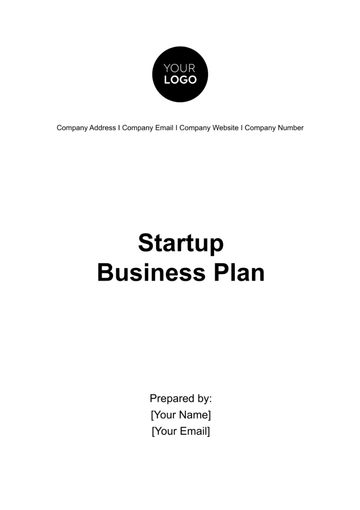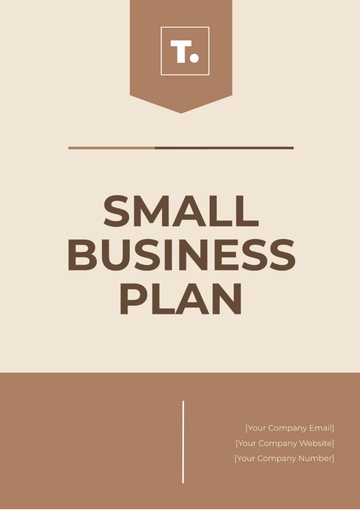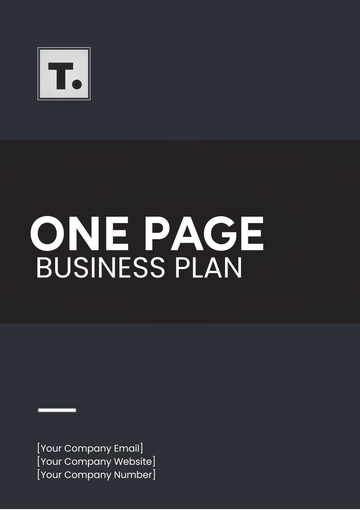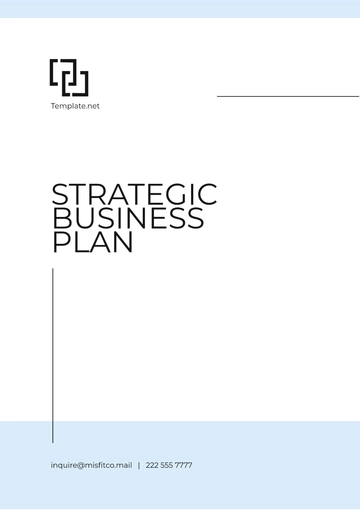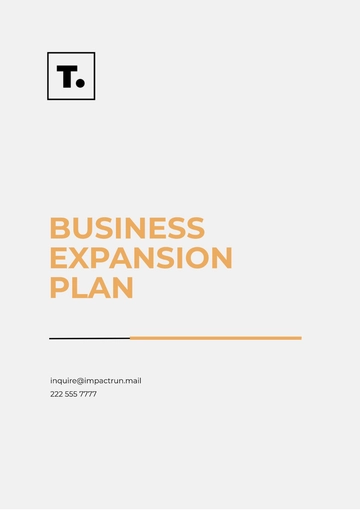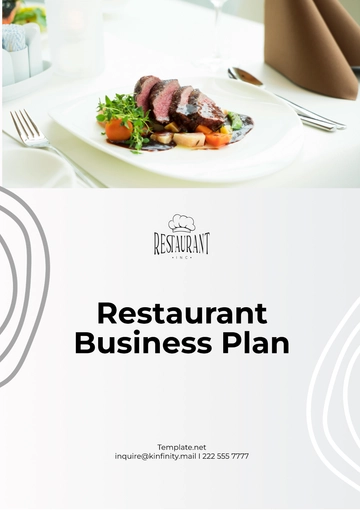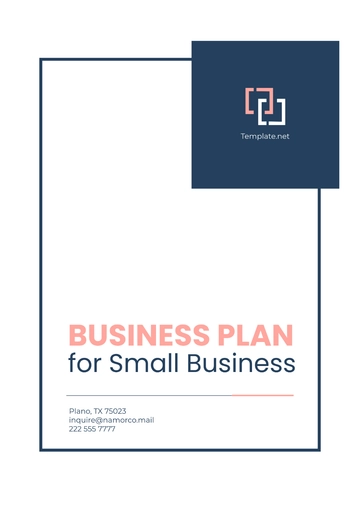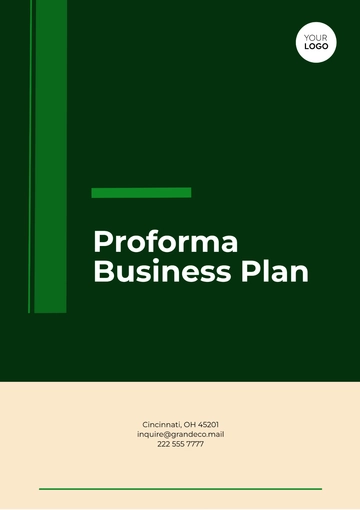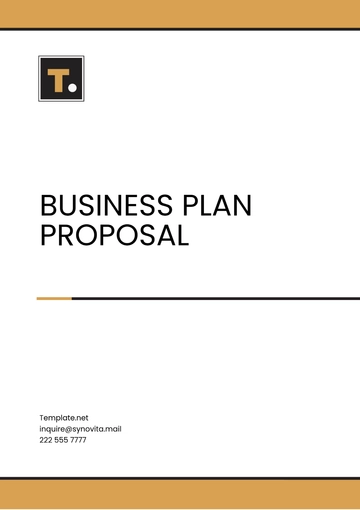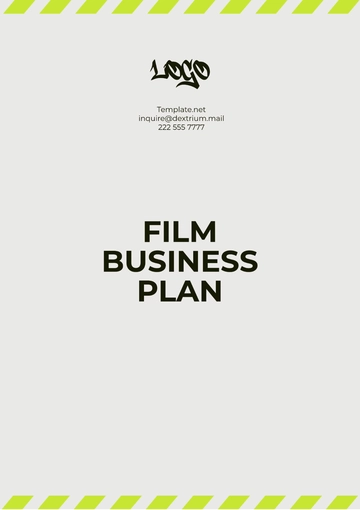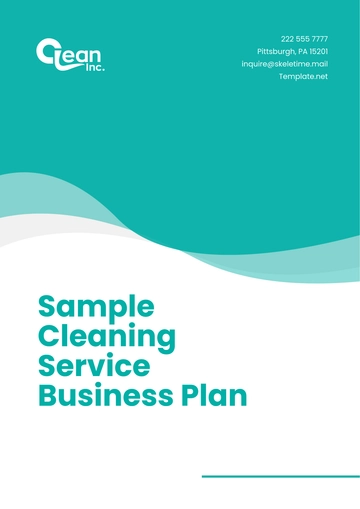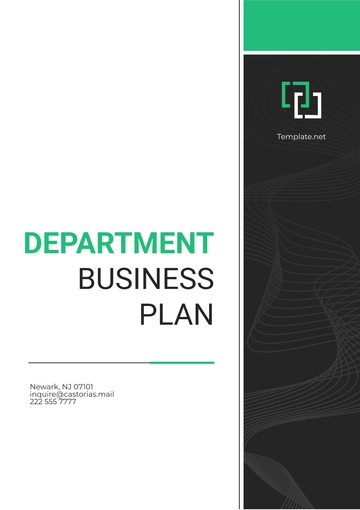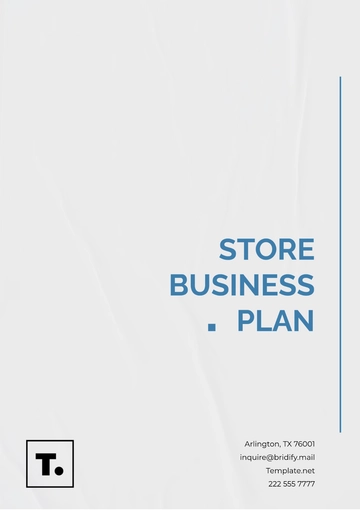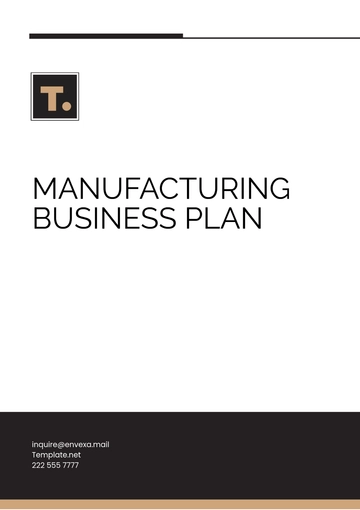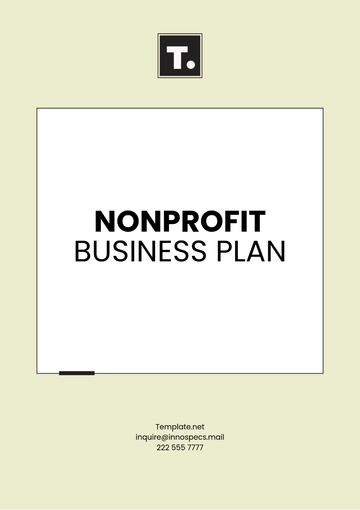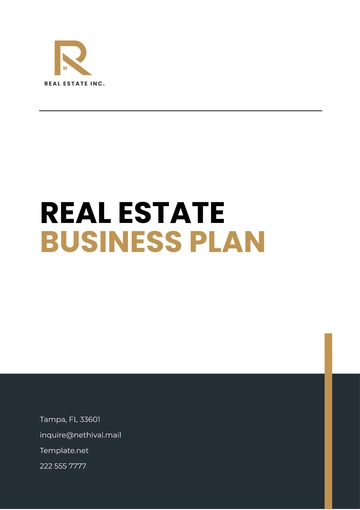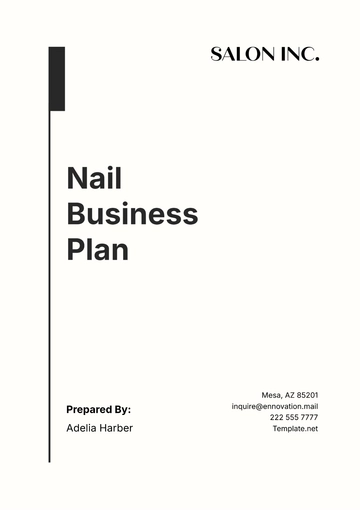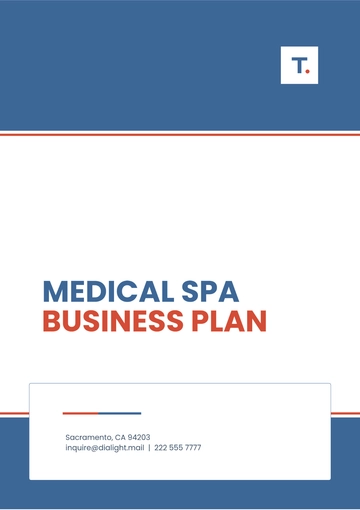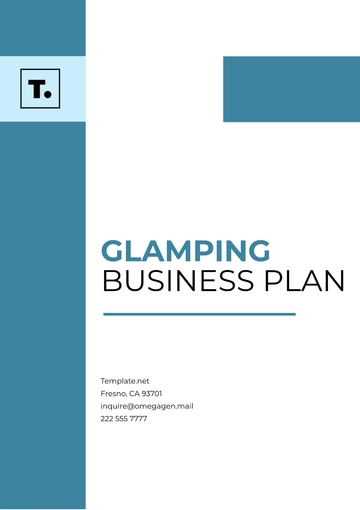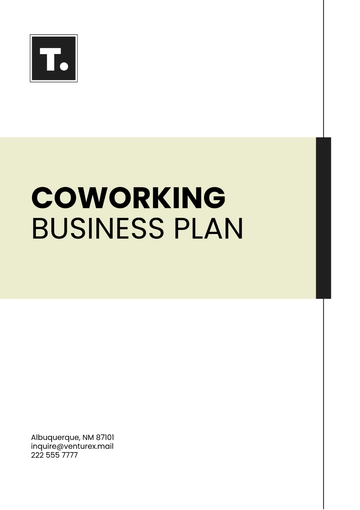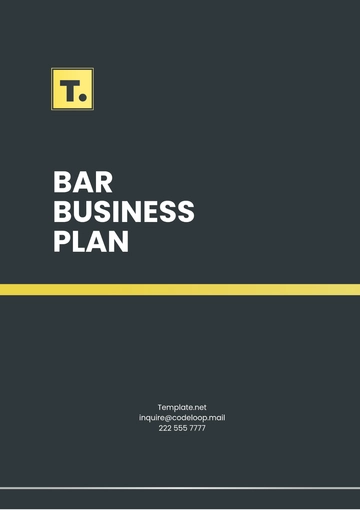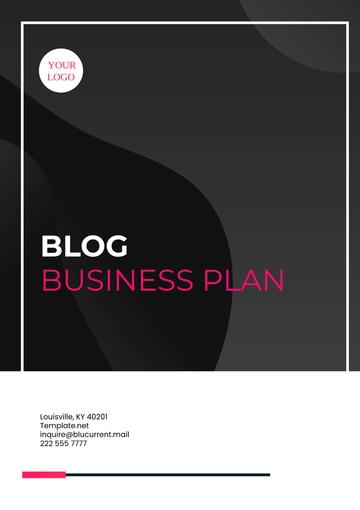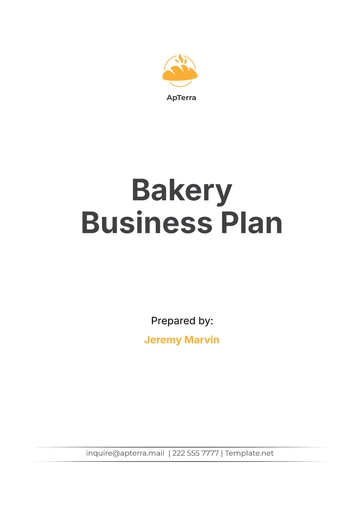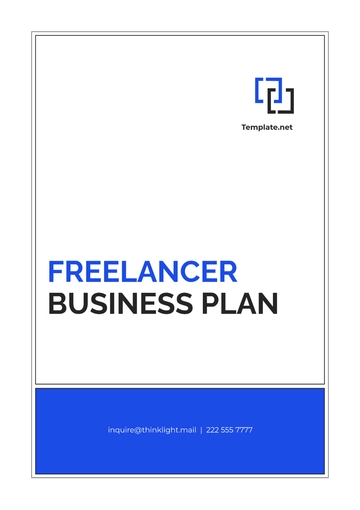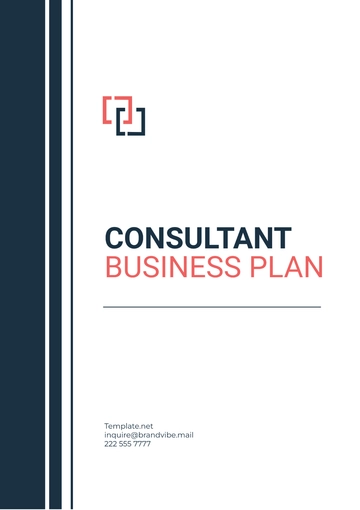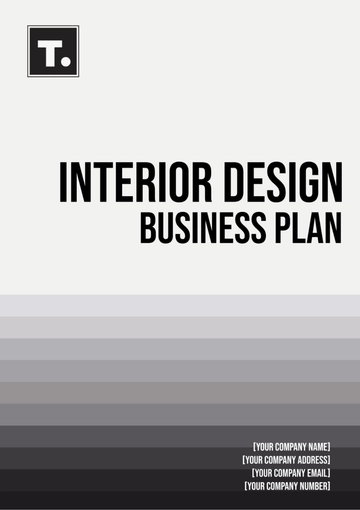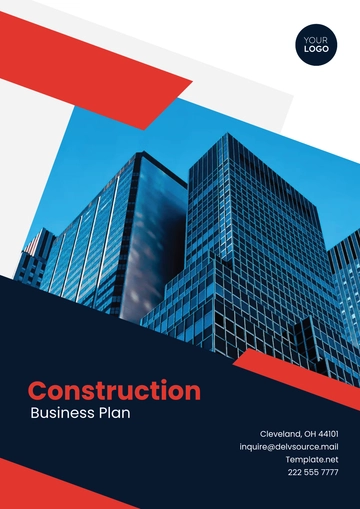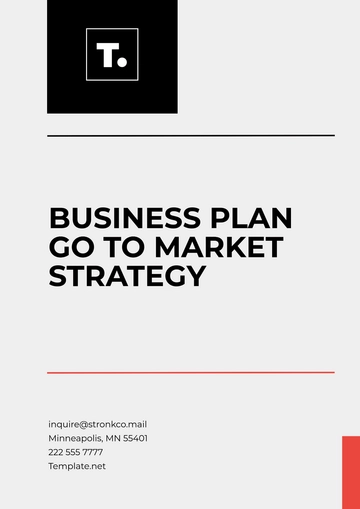Free Simple%C2%A0Movie Theater Business Plan
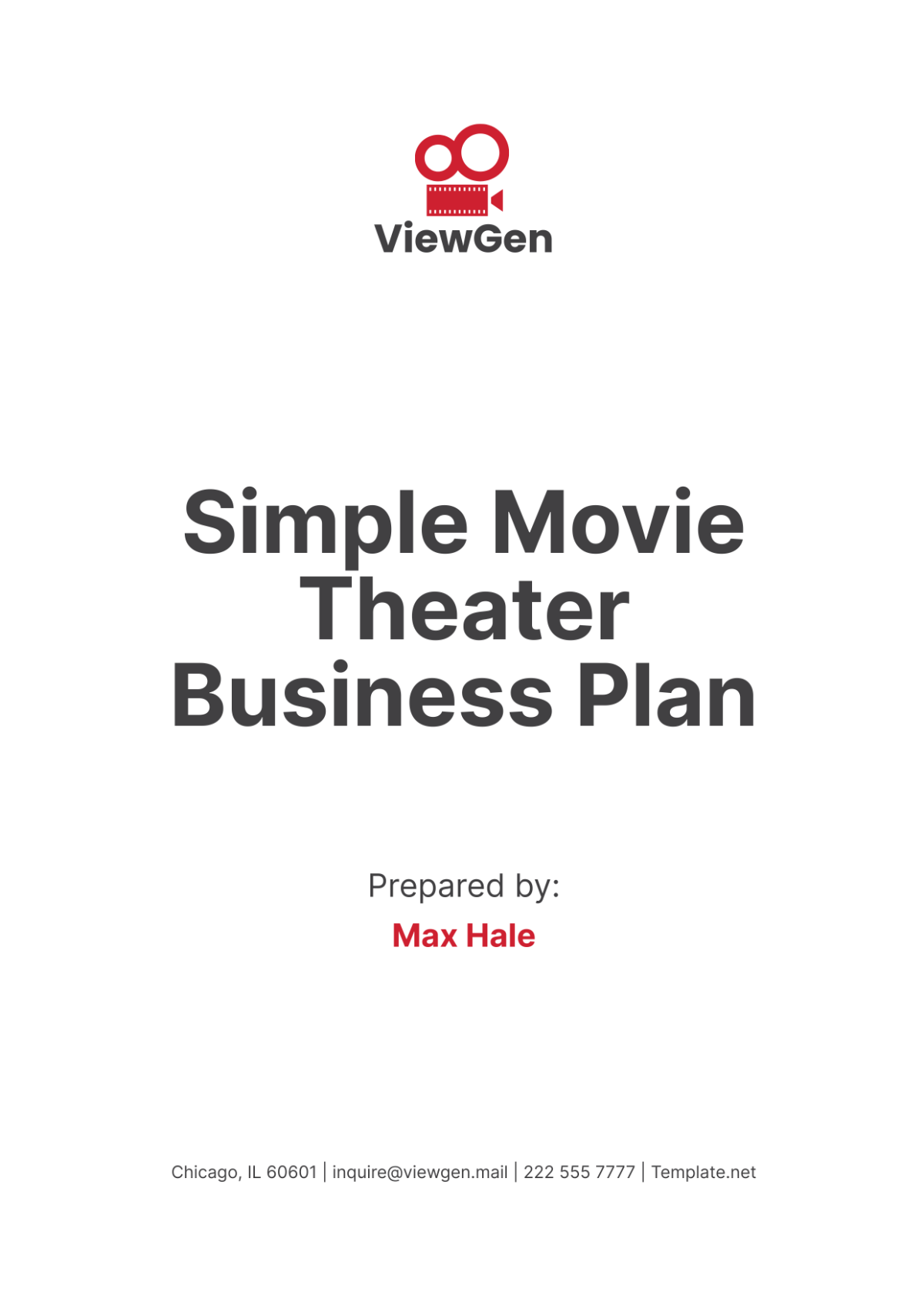
I. Executive Summary
A. Introduction
[Your Company Name] is poised to establish a modern and customer-centric movie theater in [Your City], aiming to provide an unparalleled cinematic experience. The theater will feature the latest in audio-visual technology, luxurious seating, and a diverse selection of movies, ensuring it becomes the go-to destination for movie lovers in the region. The establishment will not only cater to the local community but also attract movie enthusiasts from neighboring areas, thanks to its strategic location and superior offerings.
B. Business Objectives
Achieve a steady customer base of 500 patrons per day within the first year: By implementing effective marketing strategies and offering a unique movie-going experience, [Your Company Name] aims to attract a significant number of daily visitors.
Generate annual revenue of $3 million by the end of the second year: Through a combination of ticket sales, concession sales, and special events, the theater plans to achieve substantial revenue growth.
Maintain a customer satisfaction rate of 90% or higher: By focusing on customer service, cleanliness, and comfort, [Your Company Name] will ensure high levels of customer satisfaction and repeat business.
C. Mission Statement
[Your Company Name] is dedicated to creating a premier movie-going experience through state-of-the-art technology, exceptional service, and a diverse movie selection, all while fostering a community-centered environment. The mission is to provide an immersive and enjoyable experience that keeps patrons returning for more.
D. Keys to Success
Location: Strategically positioned in a high-traffic area to maximize visibility and accessibility. The location will be easily accessible by public transport and offer ample parking space.
Technology: Incorporation of the latest projection and sound systems to deliver an unparalleled viewing experience. Continuous updates and maintenance of equipment will ensure top-notch performance.
Customer Service: Training staff to provide exceptional service to enhance the overall experience. Emphasizing politeness, efficiency, and helpfulness will be key.
Marketing: Implementing effective marketing strategies to attract and retain customers. A comprehensive marketing plan will include both online and offline tactics to reach a wide audience.
II. Company Overview
A. Company Description
[Your Company Name], founded in [Year], is a cutting-edge movie theater business. The theater will be equipped with six screens, including one IMAX and one 3D screen, catering to a variety of cinematic preferences. With a focus on comfort and convenience, the theater will offer reclining seats, online ticket booking, and a gourmet concession stand. The aim is to provide a holistic entertainment experience, not just a place to watch movies.
B. Business Structure
[Your Company Name] will operate as a limited liability company (LLC) to protect the personal assets of the owners while providing flexibility in management and operations. The LLC structure will also facilitate easier tax handling and compliance with local business regulations.
C. Management Team
CEO: [Your Name] - Over 15 years of experience in the entertainment industry, with a strong background in business management and operations. [Your Name] has successfully managed several large-scale projects and brings a wealth of knowledge to the team.
Operations Manager: [Operations Manager's Name] - Expertise in theater operations and customer service management. This individual will be responsible for the day-to-day functioning of the theater, ensuring smooth operations and a seamless customer experience.
Marketing Manager: [Marketing Manager's Name] - Skilled in digital marketing, social media strategy, and brand development. The marketing manager will develop and implement marketing campaigns to attract and retain customers.
Finance Manager: [Finance Manager's Name] - Experienced in financial planning, budgeting, and accounting. The finance manager will ensure the financial health of the business, manage budgets, and handle financial reporting.
III. Market Analysis
A. Industry Overview
The movie theater industry is experiencing a resurgence with advancements in technology, a steady stream of blockbuster releases, and a growing demand for unique viewing experiences. The global box office revenue reached $42.5 billion in 2050, indicating robust growth and opportunities. Despite the competition from streaming services, the demand for a premium, communal viewing experience remains strong.
B. Target Market
Demographics:
Age: 15-45 years. This age group is known for frequenting movie theaters and seeking out the latest releases.
Gender: All. The theater will cater to both male and female audiences.
Income Level: Middle to high income. This segment has disposable income for entertainment and leisure activities.
Psychographics:
Movie enthusiasts who appreciate high-quality viewing experiences. These are individuals who prioritize picture and sound quality and enjoy watching movies in a theater setting.
Families looking for recreational activities. The theater will be a perfect outing for families, providing a safe and enjoyable environment.
Young adults and teenagers seeking entertainment options. This group often seeks entertainment outside of the home and values the social aspect of movie-going.
C. Market Trends
Technology Integration: Increasing demand for theaters with advanced projection and sound systems. As technology continues to evolve, customers expect high-definition visuals and immersive sound.
Premium Experience: Growing preference for luxury seating and gourmet concessions. Patrons are willing to pay a premium for added comfort and convenience.
Event Screenings: Popularity of live events, such as sports and concerts, shown in theaters. These events attract diverse audiences and offer additional revenue streams.
D. Competitive Analysis
Local Competitors:
Competitor A: Strengths in location and brand recognition but lacks advanced technology. Their outdated facilities may drive customers to seek better experiences.
Competitor B: Offers a luxury experience but at a higher price point. This makes it less accessible to middle-income families.
Competitive Advantage:
Superior technology and comfort. [Your Company Name] will offer state-of-the-art projection and sound systems, ensuring a superior viewing experience.
Competitive pricing strategy. By offering affordable prices, [Your Company Name] will attract a wider audience.
Exceptional customer service. Focused on providing a welcoming and enjoyable experience, the staff will be trained to meet high standards of service.
IV. Marketing Strategy
A. Product Offering
[Your Company Name] will offer a range of movies, including the latest blockbusters, independent films, and classic movies. Additionally, the theater will host special events, such as film festivals, private screenings, and live event broadcasts. These offerings will cater to a wide range of tastes and preferences, ensuring there is something for everyone.
B. Pricing Strategy
Ticket Prices:
Standard Screen: $12. Affordable pricing for regular movie-goers.
IMAX: $18. Premium pricing for an enhanced viewing experience.
3D: $15. Competitive pricing for 3D movies, offering value for the experience.
Concession Prices:
Popcorn: $5 - $8. Various sizes to cater to different preferences.
Soft Drinks: $3 - $5. A selection of beverages to complement the movie experience.
Gourmet Snacks: $6 - $10. High-quality snacks to attract food enthusiasts.
C. Promotion Strategy
Digital Marketing:
Social media campaigns targeting local moviegoers. Platforms like Facebook, Instagram, and Twitter will be utilized to engage with the audience.
Email newsletters with updates and promotions. Regular communication with customers to inform them about upcoming movies and special offers.
Online advertising through Google Ads and local websites. Targeted ads to reach potential customers searching for entertainment options.
Traditional Marketing:
Flyers and posters in high-traffic areas. Effective for reaching a broad audience.
Partnerships with local businesses for cross-promotion. Collaborations with restaurants, cafes, and shops to offer joint promotions.
Community events and sponsorships. Participating in local events and sponsoring community activities to increase brand visibility.
D. Sales Strategy
Online Sales:
User-friendly website and mobile app for ticket booking. Ensuring a seamless and convenient booking process.
Special online discounts and promotions. Encouraging online bookings through exclusive offers.
In-Person Sales:
Efficient box office service. Minimizing wait times and providing a pleasant customer experience.
Loyalty programs to encourage repeat visits. Offering rewards and discounts to frequent patrons.
V. Operations Plan
A. Location and Facilities
The theater will be located at [Your Company Address], strategically positioned to attract high foot traffic. The facility will include six screens, a spacious lobby, a gourmet concession stand, and comfortable seating for 800 patrons. The layout will ensure easy navigation and accessibility, enhancing the overall customer experience.
B. Technology and Equipment
Projection Systems: High-definition digital projectors for clear and vibrant visuals. Regular updates and maintenance will keep the equipment in optimal condition.
Sound Systems: Dolby Atmos sound systems for an immersive audio experience. The sound quality will be a significant draw for audiophiles and movie enthusiasts.
Seating: Reclining seats with ample legroom and cup holders. Ensuring maximum comfort for patrons during long movie sessions.
C. Daily Operations
Staffing:
General Manager: Oversee daily operations and ensure everything runs smoothly. The general manager will also handle customer complaints and special requests.
Assistant Managers: Support the general manager and manage specific areas such as concessions, ticketing, and maintenance.
Box Office Staff: Handle ticket sales and customer inquiries. They will also assist with online booking issues and provide information about current and upcoming movies.
Concession Staff: Prepare and serve food and beverages. Ensuring quick and efficient service to minimize wait times.
Ushers: Assist patrons with seating and maintain theater cleanliness. They will also monitor the theater during screenings to ensure a pleasant viewing experience.
Operational Hours:
Monday to Thursday: 12 PM - 11 PM. Peak times in the evening to cater to after-work crowds.
Friday to Sunday: 10 AM - 12 AM. Extended hours to accommodate weekend movie-goers and late-night shows.
VI. Financial Plan
A. Startup Costs
Item | Cost |
|---|---|
Leasehold Improvements | $500,000 |
Projection and Sound Systems | $300,000 |
Seating | $200,000 |
Concessions Equipment | $100,000 |
Initial Inventory | $50,000 |
Marketing | $50,000 |
Working Capital | $100,000 |
Total | $1,300,000 |
The startup costs cover all necessary expenses to launch the theater, from construction and equipment to initial marketing efforts and working capital.
B. Revenue Projections
Year | Revenue | Growth Rate |
|---|---|---|
Year 1 | $2,000,000 | |
Year 2 | $3,000,000 | 50% |
Year 3 | $3,500,000 | 17% |
The revenue projections are based on a detailed analysis of the market and competitive landscape. The first year will focus on building a customer base, with significant growth expected in subsequent years.
C. Expense Projections
Expense Category | Monthly Cost | Annual Cost |
|---|---|---|
Lease | $20,000 | $240,000 |
Utilities | $5,000 | $60,000 |
Staff Salaries | $50,000 | $600,000 |
Concessions Supplies | $10,000 | $120,000 |
Marketing | $5,000 | $60,000 |
Maintenance | $3,000 | $36,000 |
Total | $93,000 | $1,116,000 |
The expense projections include all operating costs necessary to maintain the theater's daily operations and ensure a high-quality customer experience.
D. Break-Even Analysis
The break-even point is calculated to determine when [Your Company Name] will start making a profit. The formula used is:
Given the following assumptions:
Fixed Costs: $1,116,000 annually
Unit Selling Price (Average ticket price): $15
Variable Cost per Unit: $5
Break-Even Point (in tickets) = 111,600 tickets annually
This calculation indicates the number of tickets that need to be sold annually to cover all fixed and variable costs, ensuring the business reaches a break-even point.
E. Funding Requirements
To cover startup costs and initial operating expenses, [Your Company Name] will require $1,300,000. This funding will be sought through a combination of owner investment, bank loans, and potential investor contributions. Detailed financial projections and a solid business plan will be presented to potential investors to secure the necessary funds.
VII. Appendix
A. Resumes of Key Management
[Your Name] - CEO: Detailed resume highlighting relevant experience and achievements. [Your Name] has a proven track record of successful project management and a deep understanding of the entertainment industry.
[Operations Manager's Name] - Operations Manager: Resume showcasing expertise in theater management and customer service. This individual has extensive experience in managing large teams and ensuring operational efficiency.
[Marketing Manager's Name] - Marketing Manager: Comprehensive resume with a focus on digital marketing and brand development. The marketing manager has a strong background in creating effective marketing campaigns and building brand loyalty.
[Finance Manager's Name] - Finance Manager: Detailed resume emphasizing financial planning and management skills. The finance manager brings experience in budgeting, financial analysis, and strategic planning.
- 100% Customizable, free editor
- Access 1 Million+ Templates, photo’s & graphics
- Download or share as a template
- Click and replace photos, graphics, text, backgrounds
- Resize, crop, AI write & more
- Access advanced editor
Plan your movie theater venture with the Simple Movie Theater Business Plan Template from Template.net. It's editable and customizable, designed for clarity. Utilize our Ai Editor Tool to outline strategies and financial projections, ensuring a comprehensive business plan for your movie theater.
You may also like
- One Page Business Plan
- Coffee Shop Business Plan
- Restaurant Business Plan
- Food Business Plan
- Real Estate Business Plan
- Executive Summary Business Plan
- Cover Page Business Plan
- Nonprofit Business Plan
- Daycare Business Plan
- Construction Business Plan
- Startup Business Plan
- Medical Business Plan
- Bakery Business Plan
- Service Plan
- Hotel Business Plan
- Catering Business Plan
- School Business Plan
- Healthcare Business Plan
- Transportation Plan
- Sports Plan
- Car Wash Business Plan
- Salon Business Plan
- Clothing Business Plan
- Farming Business Plan
- Boutique Plan
